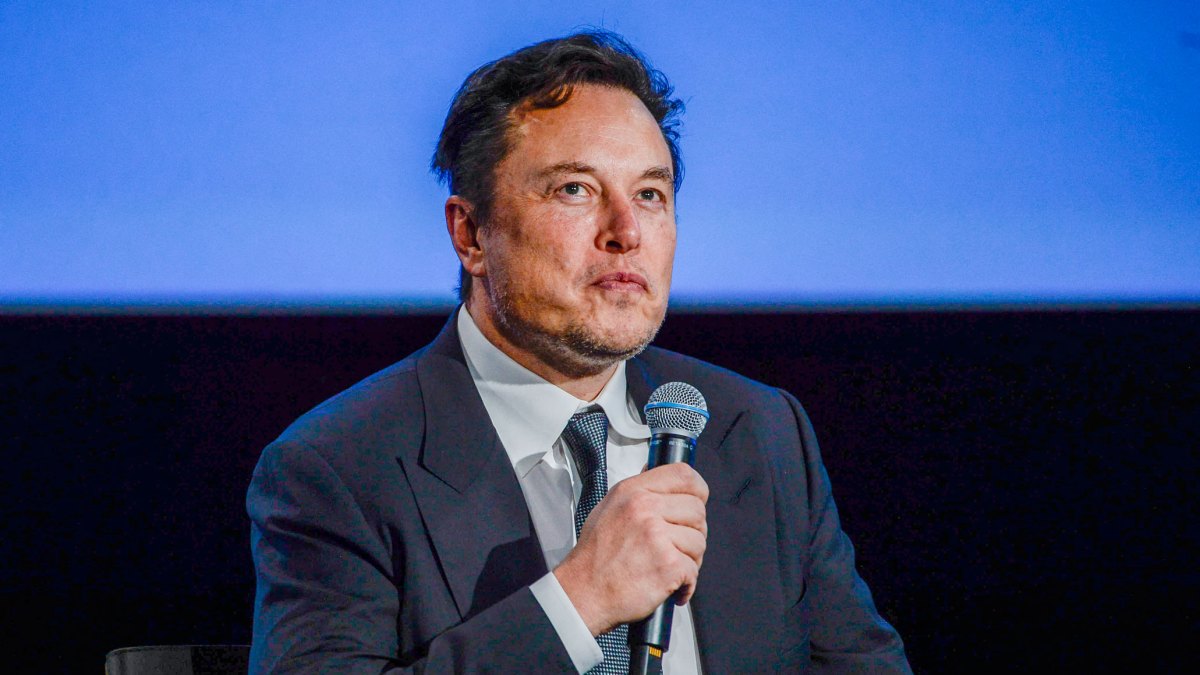Until last week, the controversy over TikTok, the Chinese-owned video sharing app, concerned questions of national security and censorship. But on Jan. 20, when President Trump signed an executive order pausing enforcement of the federal ban of the app, the significance of the TikTok controversy changed. It is now also a story about how the Trump administration seems intent on managing the economy.
Mr. Trump, it appears, will try to personally broker a deal with TikTok to find an American partner to acquire about half the company. (The ban forbids the distribution of the app in the United States as long as it remains controlled by a Chinese company.) Mr. Trump has indicated that, as he understands it, the ban “gives the president the right to make a deal” and that he wants “a bidding war.”
As far as TikTok is concerned, this means that the president will probably select a new owner for the app from his circle of wealthy friends and acquaintances. (Reports this past weekend suggest that he is looking for the software company Oracle, whose executive chairman is Larry Ellison, and several other investors to take over worldwide operations.) Whether ByteDance, TikTok’s parent company in China, will go along with such a deal and whether the deal would satisfy the law remain open questions.
But more important than the deal itself is the approach. It hints at a new era in economic policy for the United States that is centered on a paramount leader (Mr. Trump) actively picking winners and losers. To be sure, the federal government, usually by way of Congress, has previously practiced industrial policy. But the centralization of policy in the president would be something different: more like a command economy, which in the United States might be called command capitalism.
That Mr. Trump likes being in charge and making deals on his own is nothing new. He has never exhibited much eagerness to work within the strictures of government. But during his first term as president, his instincts were thwarted by a variety of factors, including staff members not aligned with his new vision of the Republican Party, as well as institutional resistance throughout the government.
But this time things are different. In the eight years since Mr. Trump last assumed the presidency, an extensive network of ideologically sympathetic staff members and department-head nominees has developed around him, and he has entered his second term with more focused plans for overcoming institutional resistance. In this context, his handling of TikTok suggests that his “picking winners” approach to the economy may be moving from the fringe to the center, representing a major break from Republican orthodoxy — indeed, from American capitalism more generally.
There are many other areas of economic policy where Mr. Trump could assert such control. With trade, he could reward specific U.S. industries and even products (such as washing machines) with protective tariffs. (He has already threatened to use tariffs to pressure Taiwan to move the production of semiconductors to the United States.) With currency, he could try to order the U.S. Treasury to buy crypto or take possession of the bitcoin already in government hands. With energy, he could take a firmer hand in matters such as the awarding of drilling permits. With government procurement more generally, he could steer the biggest deals to those he believes are the right sellers.
Traditionally, Republicans have (at least officially) promoted a laissez-faire approach to the economy that lets the market decide who wins and who loses. Influenced by thinkers such as the economist Friedrich Hayek, the orthodoxy considered centralized economic decision makers to be highly fallible.
The TikTok episode reminds us that Mr. Trump often prefers his own wisdom to that of anyone else — including the market. That could mean four years of the president cutting deals, favoring certain companies and industries over others and steering the economy in whichever direction he thinks it should go.
In fairness, command capitalism has its success stories. China over the past 40 years has grown very wealthy with a leadership that does not hesitate to help out its favorite firms and industries and to punish those it dislikes. If this approach has an ideological father, it is Benito Mussolini, who autocratically revitalized Italy’s economy in the 1920s. If Mr. Trump starts off his term by picking a few economic winners with successful results, Americans may be convinced that we’ve been too hesitant to let the president steer the economic ship.
But command capitalism has several major drawbacks. For one, when success in business means gaining government favor as opposed to, say, making good products, the incentives for innovation and quality disappear. We know how this turns out: Companies that depend on preferential government treatment, such as Boeing (or the aerospace industry more generally), tend toward stagnation.
A second problem is that the line between command capitalism and crony capitalism is blurry. Large companies have always sought to curry favor with the federal government, but there seems to be a widespread sense that success in the Trump economy will particularly depend on staying on the president’s good side. Billionaires are already flocking to Mr. Trump: Witness Mark Zuckerberg’s sudden about-face on free speech and Jamie Dimon’s defense of Mr. Trump’s proposed tariffs — a spectacle not unlike Gandhi extolling the virtues of rib-eye steak.
But the biggest problem with command capitalism is the age-old risk of unchecked power. The separation of business and state is like the separation of the executive from the judiciary and the legislature. Such centers of power can and should limit one another. When they don’t, things can quickly get out of hand. China may have experienced success with command capitalism, but it now seems stuck with Xi Jinping as its leader for life; his unaccountability is China’s greatest problem, given how his erratic policies have hurt the country. As for Mussolini, he may have rebooted the Italian economy, but he became a tyrant whose attempt to build a glorious “New Roman Empire” went, shall we say, poorly.
When Presidents Dwight Eisenhower and Joe Biden warned about the dangers of the military-industrial and tech-industrial complexes, this danger was, in part, what they were talking about. Mr. Trump will hopefully face more effective resistance than Mr. Xi and Mussolini did. But if the TikTok episode is any indication, Americans should prepare themselves for four years in which the economy becomes more like a version of “The Apprentice,” with Mr. Trump once again picking winners and losers.
Tim Wu (@superwuster) is a law professor at Columbia, a contributing Opinion writer and the author of “The Curse of Bigness: Antitrust in the New Gilded Age.” He served on the National Economic Council as a special assistant to the president for competition and tech policy from 2021 to 2023.
The Times is committed to publishing a diversity of letters to the editor. We’d like to hear what you think about this or any of our articles. Here are some tips. And here’s our email: letters@.
Follow the New York Times Opinion section on Facebook, Instagram, TikTok, WhatsApp, X and Threads.










